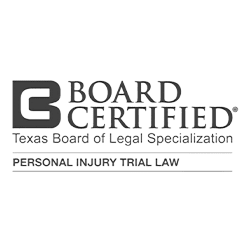Mental capacity plays a pivotal role in estate planning and probate matters.
Your Advocate for Justice in Cases of Lack of Mental Capacity
Scheuerman Law Firm is highly regarded for its expertise in guardianship, probate and estate litigation, particularly in mental capacity disputes. With extensive experience in probate law, Hella Scheuerman leads the firm’s probate litigation practice, focusing on personalized attention and clear communication. The firm’s involvement in the community and dedication to pro-bono work reflects a deep commitment to providing accessible legal solutions. Clients benefit from direct communication with board-certified attorneys rather than being handed off to staff, ensuring a more personalized approach to each case. Contact Scheuerman Law Firm today if you are involved in a mental capacity dispute or have concerns about a loved one’s estate.

















